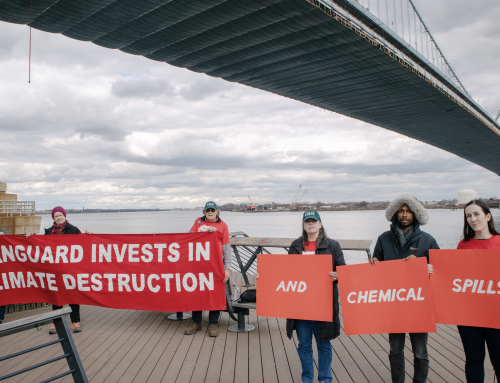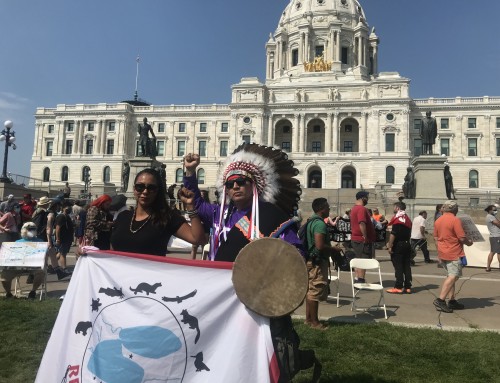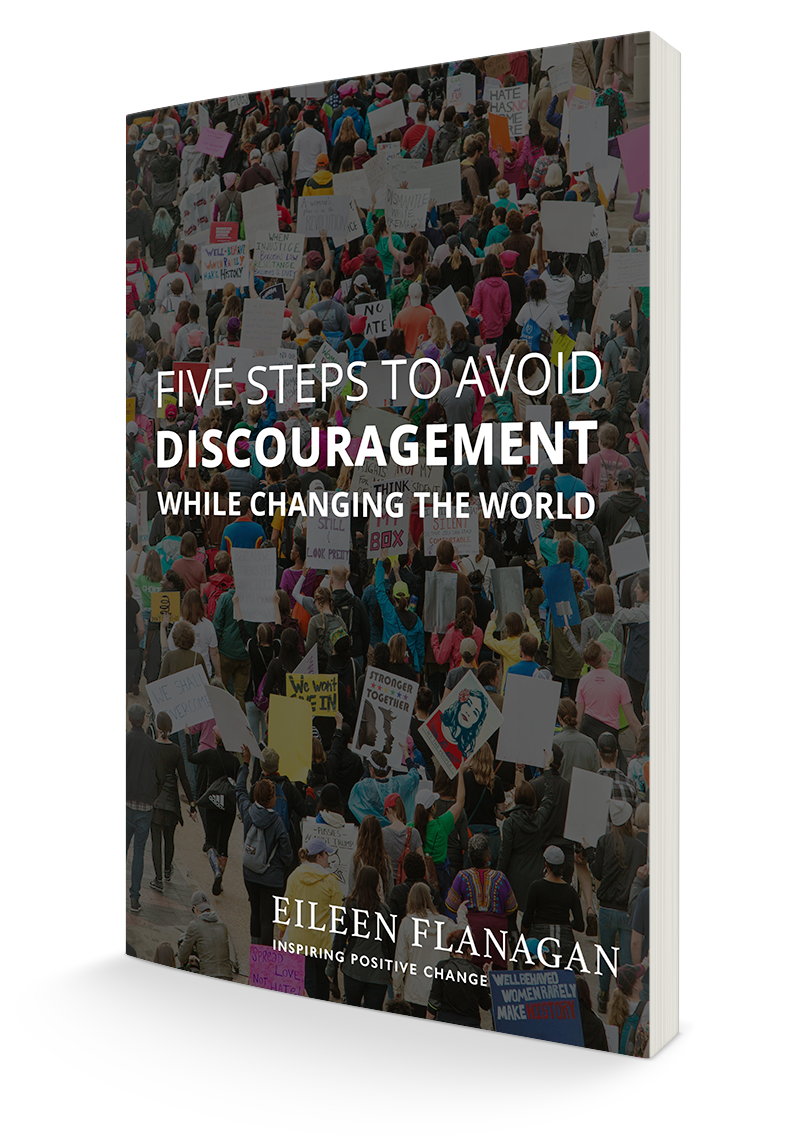When I first started to write The Wisdom to Know the Difference, Hurricane Katrina was still fresh in my mind. Though the following outtake didn’t make it into the book, this seems like a good week to remember some of the lessons from that sad chapter in US history:
Blaming human caused misfortunes on God is not just a matter of history. After the terrorist attacks of September 11, 2001 television evangelists Jerry Falwell and Pat Robertson said that God was punishing the United States because of feminists, abortionists, homosexuals, and the ACLU. Likewise, in the aftermath of Hurricane Katrina, Louisiana Congressman Richard Baker was quoted in The Wall Street Journal as saying, “We finally cleaned up public housing in New Orleans. We couldn’t do it, but God did.” Others suggested that Katrina was Biblical style justice for a city known for sex, booze, jazz, and corruption.
Personally I don’t believe in a God that sends hurricanes to get rid of poor people, or sinners, for that matter (Despites stereotypes, they’re not always the same.). I’m just not a literalist when it comes to the Biblical stories. I do believe in God, however, a God that is active in the world, and so I have to grapple with the question of where human and divine responsibility meet. Even if God did send the hurricane, does that mean we should just stay in the hurricane’s path and take our chances, as one Druid priest suggested before Katrina? Does it mean that the people left behind because they were poor or infirm were the people God wanted to hit? Does that mean we don’t need to help them, especially given that the flooding was the fault of the US Army Corps of Engineers? It was not Katrina that killed people; it was the breach in the levees, particularly the one along a canal that had been built for the convenience of commercial shipping. As much as the failure of the levees, people died because of the failure of the Federal Emergency Management Agency which, as CNN reporter Solidad O’Brien pointed out, knew less about what was going on than her twenty-three-year-old intern. Is it really fair to blame God?
Hurricane Katrina demonstrated the difference between knowledge and wisdom. Our leaders had all the necessary information to prevent the heartbreaking fiasco that followed the storm. Scientists had been predicting for years what would happen if a major hurricane hit New Orleans. They had computer models and fancy colored maps that showed exactly how deep the water would be in the Ninth Ward. In the end, their science proved to be remarkably accurate. Unfortunately, this knowledge didn’t give politicians the political will to invest in the levees that could have saved New Orleans. It didn’t motivate the Federal Emergency Management Agency to be ready for the long-foreseen disaster. Science couldn’t replace compassion; it didn’t erase racism; it didn’t feed the hungry people at the Superdome. Science alone didn’t bring wisdom.
I have nothing against science or other kinds of knowledge, but as Viktor Frankl said, “Wisdom is knowledge plus: knowledge—and the knowledge of its own limits.” Although our knowledge as a species is growing exponentially, there are many signs that wisdom isn’t keeping pace. We have more reliable contraceptive options than any society in human history, yet we also have more unwanted pregnancies. We have car seats and child safety gadgets galore, as well as medicines undreamed of when my grandmother had a baby with the measles. Yet the parents who have access to these resources seem more anxious than ever about their children’s well being. We have cars with Global Positioning Systems, yet we seem lost. In short, the technological controls we have, instead of bringing us serenity, have magnified the control we don’t have.






Leave A Comment